Best Practices on Computer and Other Devices Usage
1. Lock Your Computer Screen and Other Devices:-
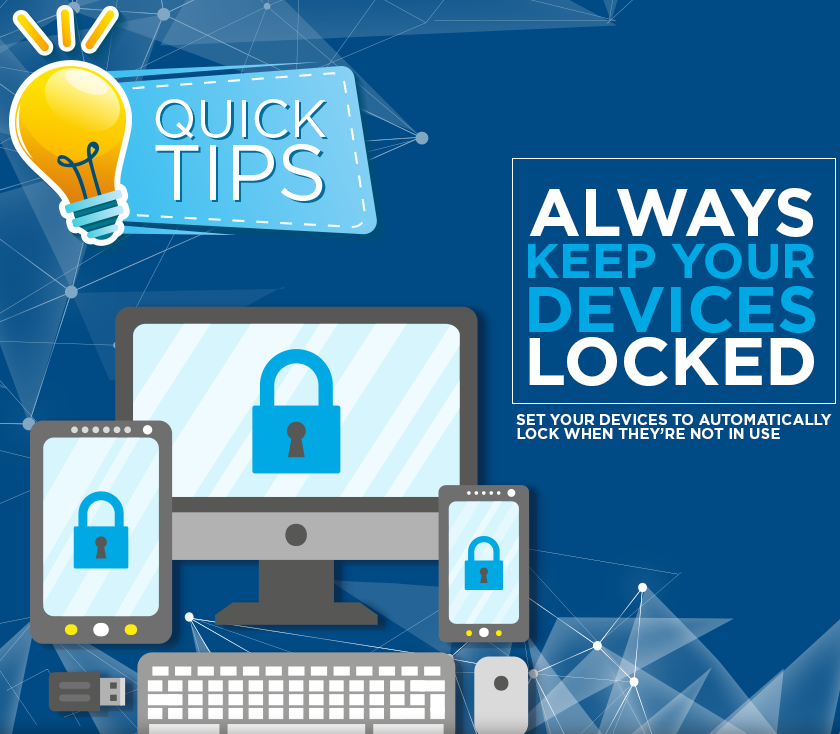
Always lock your computer and unattended devices with a strong password or PIN. This prevents others from viewing or using your device when you’re not around. Set up your computer and mobile devices to lock, log out, or go to a screensaver after a short period of inactivity.
2. Encrypt Computers and Devices:-
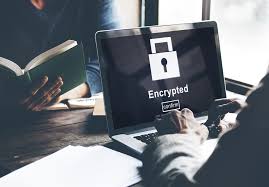
Fully encrypt your computer and devices to protect business and personal information at rest. If someone gains physical access to your computer, mobile device, or media they can easily steal sensitive data which opens the door for identity theft and other types of cyber-crime.
3. Don’t use Random USB Flash Drives, Removable Storage, Etc.:-
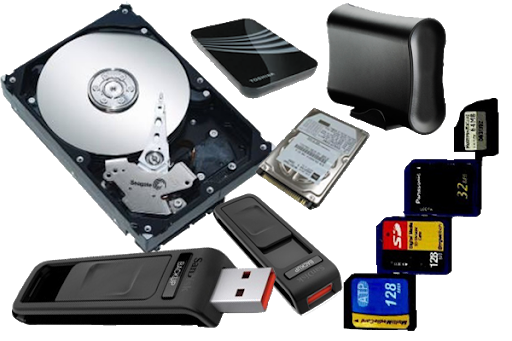
Malicious software and viruses can be installed to steal data or damage your computer. Particularly those found in common areas are dangerous and should be treated as such. Found or unclaimed pen drive or external storage should not be put into your computer.
4. Installed and Keep only Necessary Apps:-
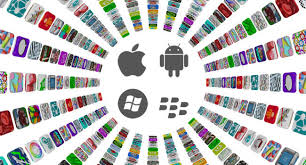
Only installed app’s from trusted sources. (Windows Apps – Microsoft Store, Android devices – Google Play Store, etc) Don’t installed apps from random third party. Keep only the necessary apps and don’t be hoarder. Every app is potential source of security breach.
5. Install and Register antivirus, anti-spyware, and firewall package on every devices:-
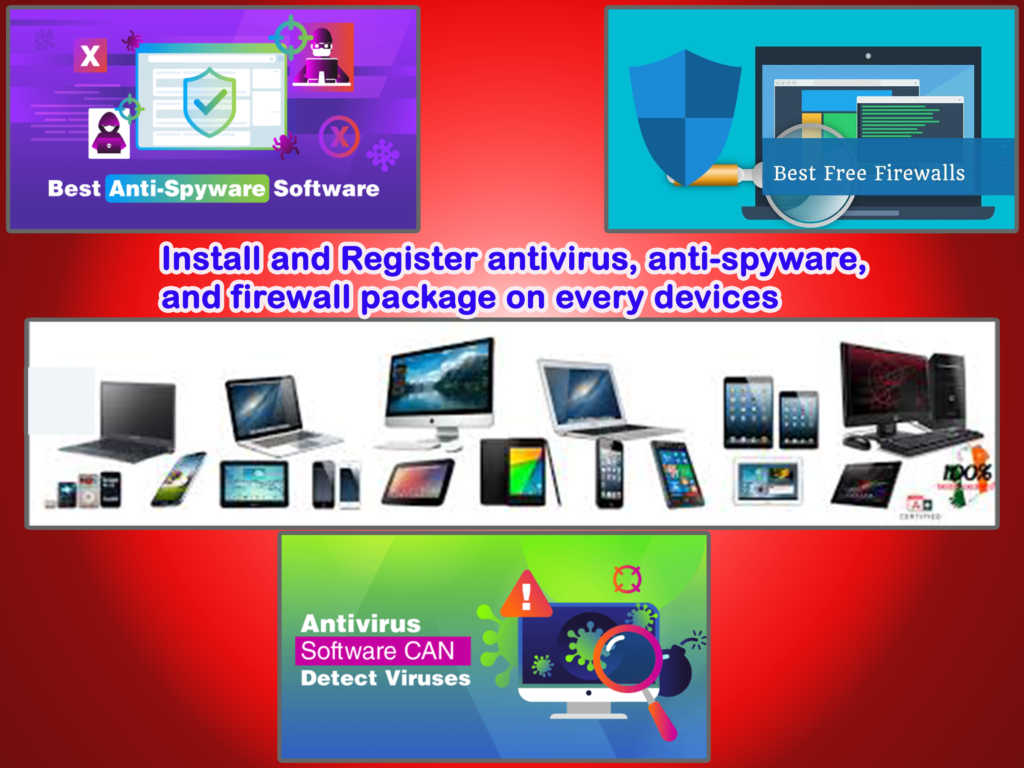
Purchase and Registered security package (Antivirus, Anti-spyware & Firewall) on your every device. That way your devices will be protected even if incidents happen. The security package will filter most threats for you. So you stay safe online. Use this guide to stay safe online. Train yourself and remember all the steps. Use them daily as you surf online. By taking action now, you’re already reducing the risk of a security incident.
6. Keep software, programs, and applications up to date:-
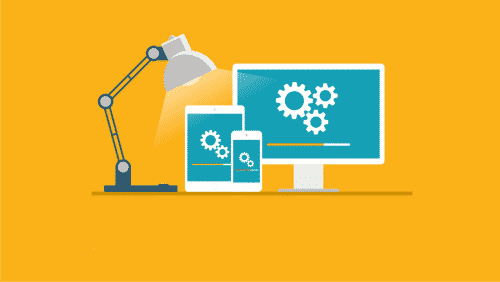
1) Never disable your firewall. 2) Always keep software, programs, and applications up to date. Most of the time, an update is a company plugging a security hole in their program. 3) Delete or deactivate any software, programs, or applications that you’re not using. These three actions are some of the best internet security practices.
7. Backup your data:-
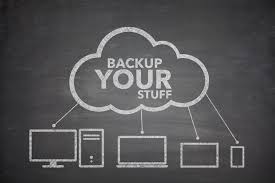
Doing this simple step of Backing up your data on a regular basis will help keep your devices’ data safe and secure. Even if an unfortunate case happened, your data is ready to be used again in any new device of your pick. A tool like Google drive, icloud and others allows you to securely store and access your data from anywhere.
8. Secure your Wi-Fi:-
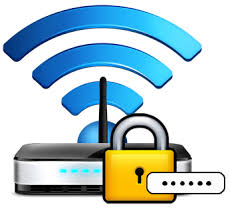
Ensure that your private Wi-Fi network is encrypted and secured. Make any password (or passphrase) that protects your Wi-Fi network long and random, so it can’t be cracked by a determined hacker. Changing passwords from time to time will make it more difficult for a criminal to gain access. If you want to allow visitors to use your Wi-Fi, it’s sensible to offer a guest network. This means that they can connect to the internet without getting access to your internal network. This is important both for security reasons, and also to prevent them inadvertently infecting your network with viruses or other malware.
If your personal information is stolen, you’re at risk for identity theft, which may impact you for your entire life. Cyber security is similar to a soccer match – except the stakes are high, and you’re outnumbered by thousands of hackers. Take the time to set up an offense – rather than relying on the defense once you’re attacked.

0 Comments